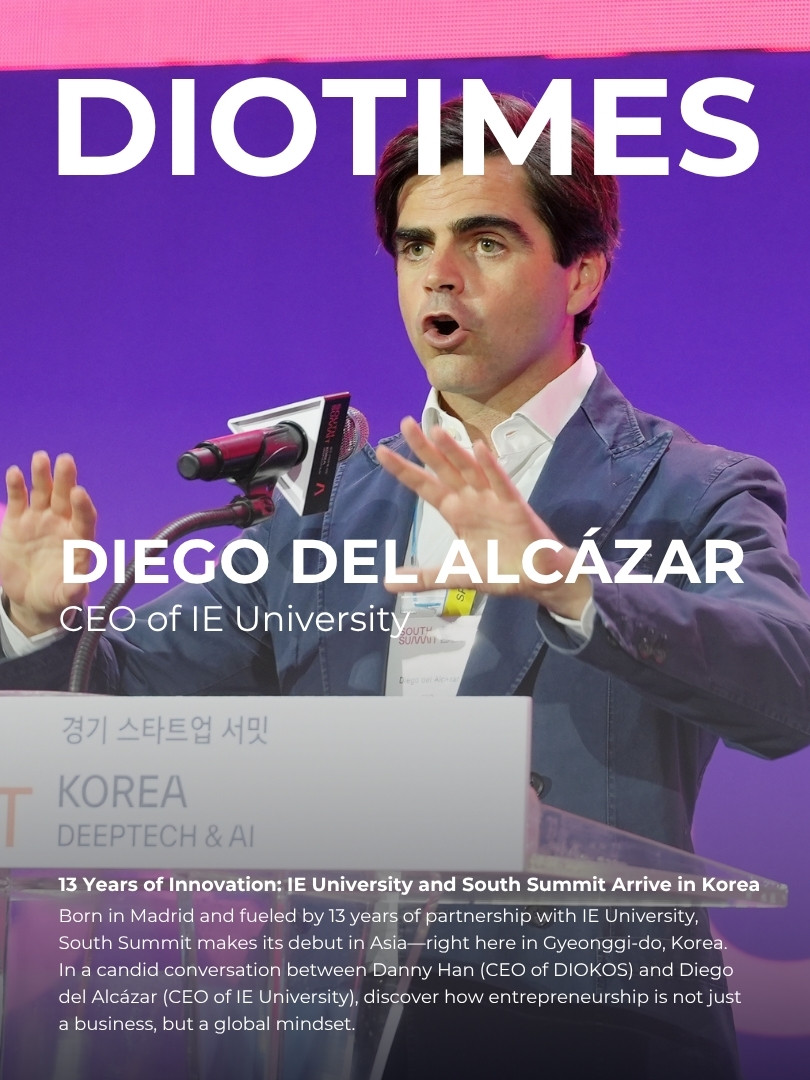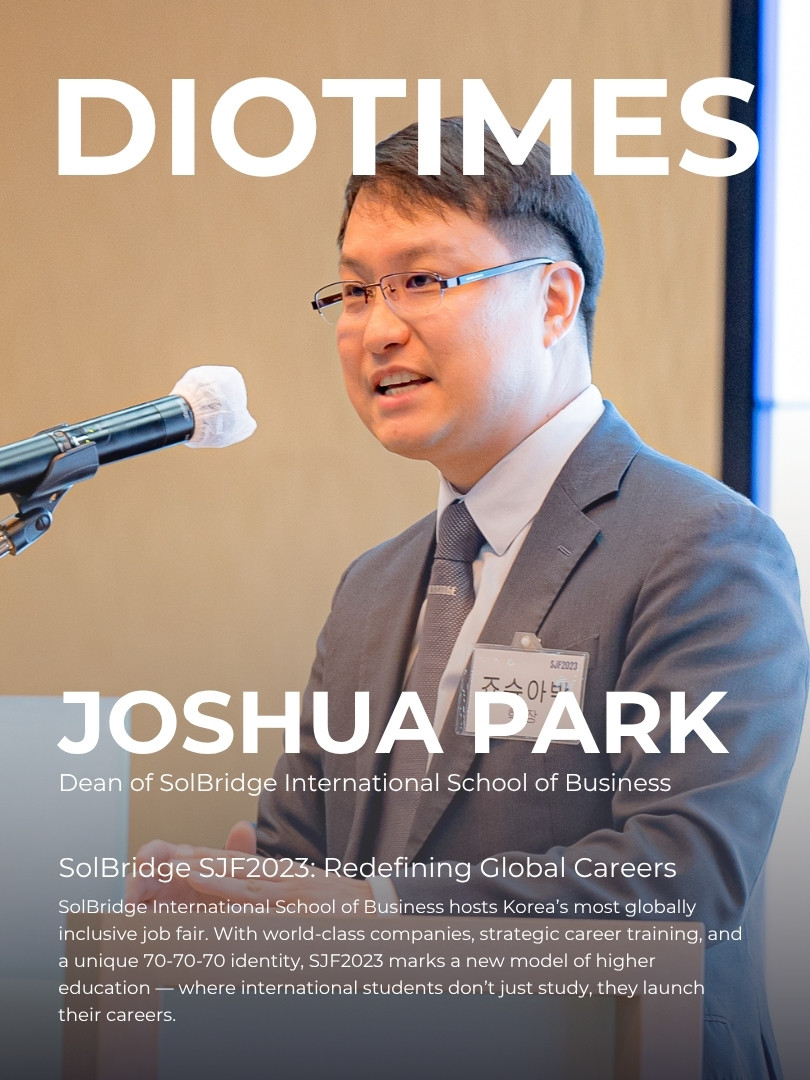Decision fully exonerates GCU after years of politically motivated lawfare
by Biden Administration officials against largest Christian university in country
PHOENIX, Aug. 15, 2025 /PRNewswire/ — The Federal Trade Commission (FTC) voted unanimously today to dismiss its lawsuit against Grand Canyon University’s largest service provider — Grand Canyon Education — and Brian Mueller, ending years of coordinated lawfare by government officials under the Biden Administration against the largest Christian university in the country.
The lawsuit, which had already been dismissed by the United States District Court of Arizona against Grand Canyon University on jurisdictional grounds, has now been completely dropped after all parties filed a joint Stipulation of Dismissal with Prejudice with the court.
In a unanimous ruling issued by FTC Chairman Andrew N. Ferguson and the other two commissioners, he stated: “This case, which we inherited from the previous administration, was filed nearly two years ago and has suffered losses in two motions to dismiss. These losses are compounded by recent events: Grand Canyon secured a victory over the Department of Education in a related matter before the Ninth Circuit; the Department of Education rescinded a massive fine levied on related grounds; and the Internal Revenue Service confirmed that Grand Canyon University is properly claiming 501(c)(3) non-profit corporation designation.”
GCU President Brian Mueller said he was appreciative that current FTC officials took an objective look at the case and recognized the numerous agencies and courts that have already ruled in GCU’s favor on the same allegations.
“As we have stated from the beginning, not only were these accusations false, but the opposite is true,” Mueller said. “We go above and beyond what is required in our disclosures and are recognized as a leader in this area.”
GCU has also maintained that the allegations were a coordinated effort by former officials within the Biden Administration to undermine a thriving Christian university.
“They threw everything they had at us for four years, and yet, despite every unjust accusation leveled against us, we have not only survived but have continued to thrive as a university,” Mueller said. “That is a testament, first and foremost, to the strength and dedication of our faculty, staff, students and their families. Above all, it speaks to our unwavering belief that the truth would ultimately prevail.”
BACKGROUND: A COORDINATED CAMPAIGN
Shortly after GCU filed a lawsuit against the Department of Education challenging its nonprofit classification, then-FTC Commissioner Rohit Chopra publicly announced in October 2021 that his agency would work alongside ED and the U.S. Department of Veterans Affairs to intensify scrutiny of for-profit institutions — a category which Democrats historically have opposed and which ED controversially kept GCU in 2019 despite prior approvals from all other regulatory bodies.
Those agencies, under the guise of “consumer protection,” collectively launched five investigations against GCU in what essentially were fishing expeditions requesting voluminous amounts of information in hopes of uncovering wrongdoing. Each claim by one agency subsequently triggered copycat lawsuits and investigations by the other agencies for the same claim, flooding GCU with duplicative allegations and forcing the university to expend thousands of employee hours and millions of dollars to defend itself.
The major “findings” of those inquiries — which were related to GCU’s doctoral disclosures and nonprofit status — have now been repeatedly discredited or dismissed by multiple agencies and courts.
Doctoral program disclosures:
GCU’s financial disclosures around continuation courses in its doctoral programs — which are common in higher education — were deemed a “substantial misrepresentation” by former ED officials despite the fact that GCU provides more transparency than is legally required or that other universities typically provide. The same allegations, which resulted in an unprecedented fine of $37.7 million by ED, were reiterated in the FTC lawsuit.
Numerous independent agencies and courts have refuted or dismissed those accusations:
- Similar doctoral claims were rejected by both the U.S. District Court for the Northern District of Georgia and 11th Circuit Court of Appeals in a parallel case (Young v. GCU).
- GCU’s accrediting body, the Higher Learning Commission (HLC), described GCU’s disclosures as “robust and thorough” in its 2021 comprehensive review.
- A 2024 review of GCU’s disclosures and processes by the Arizona State Approving Agency for the Department of Veterans Affairs found “no substantiated findings.”
- Finally, in March 2025, ED itself rescinded the proposed fine, with prejudice — finding no wrongdoing by GCU and confirming that the university did not violate any Title IV requirements. ED stated: “Unlike the previous administration, we will not persecute and prosecute colleges and universities based on their religious affiliation.”
Notably, former ED officials, including Federal Student Aid Chief Operating Officer Richard Cordray and Secretary Miguel Cardona, did not cite any student complaints in imposing their unprecedented fine, yet publicly accused GCU of “lying” to its students and called for the university to be “shut down.”
Nonprofit status:
GCU’s 2018 return to its historic status as a 501(c)(3) Arizona nonprofit institution, which followed a lawful and transparent process, was repeatedly contested by ED and cited again in the FTC lawsuit despite the fact that it had been approved or acknowledged by:
- IRS
- State of Arizona
- HLC
- Arizona Board for Private Postsecondary Education
- NCAA Athletics
- Independent evaluations from two nationally recognized accounting/finance firms confirmed the nonprofit transaction was at fair market value and would benefit the university.
- GCU’s status was further validated when a three-judge panel of the Ninth Circuit Court of Appeals ruled unanimously in November 2024 that ED lacked the authority under the Higher Education Act to apply the legal standard it used in making such a determination and remanded it back to the Department to apply the correct standard.
- And, in May 2025, the IRS reaffirmed GCU’s status after completing a comprehensive four-year audit of the university.
In light of the Ninth Circuit ruling and IRS reaffirmation, ED is currently re-examining its classification of GCU as it pertains to Title IV funding and the university is hopeful that a decision will be rendered soon. Ten Arizona Congressional members have sent a bipartisan letter urging ED to recognize GCU’s nonprofit status.
VA audits:
A VA State Approving Agency (SAA) inquiry in 2023 claimed that two factual and commonly used statements in GCU’s advertising – “Cybersecurity experts are in high demand” and “Every company needs cybersecurity” – were somehow “erroneous, deceptive or misleading.” Seventeen of the top 23 undergraduate cybersecurity programs in the U.S. News and World Report rankings have made similar statements about a variety of their cybersecurity programs. To our knowledge, none of those well-respected institutions have received any type of review of their advertising claims by the VA. After GCU disputed the findings and detailed its extensive processes to ensure the validity of its statements in marketing and advertising communications, the SAA was satisfied with GCU’s response and took no further action.
Second (2024) and third (2025) VA/SAA risk-based audits, both triggered by the FTC lawsuit, resulted in “no substantiated findings” after they completed thorough on-campus examinations of the university’s disclosures and processes.
A LARGER PATTERN
The disturbing pattern in the allegations brought by former agency officials in the Biden Administration is that they center on practices that are commonplace among institutions in higher education, yet GCU was singled out for disproportionate and unusually aggressive scrutiny.
“This was not about protecting students and went well beyond normal regulatory activity,” Mueller said. “The language used by these officials, the record fines they sought, and the baseless accusations they made all point to a broader ideological agenda.”
This 2024 commentary from the Goldwater Institute summarized the situation:
“The real motivation for department bureaucrats seems clear: even if they can’t prove their allegations against GCU, they intend for the process to be the punishment.”
LOOKING FORWARD
With the FTC lawsuit now dismissed and all federal government allegations resolved in its favor, GCU is focusing on the future.
“We support common sense government oversight but we vehemently reject ideologically driven, weaponized government actions that are not applied equally and equitably to all institutions,” Mueller said. “As an institution that has a strong record of cooperation and great relationships with 26 different regulatory and accrediting bodies, we are doing an exemplary job of addressing the many challenges that are plaguing higher education while also living out our Christian mission both on our campus and in the surrounding community. That is reflected in the growing demand from students and families who are seeking a higher education option at GCU that is affordable and taught from a Christian worldview perspective. That mission, not politics, is our motivation and we look forward to putting our full attention to those efforts in the future.”
About Grand Canyon University: Grand Canyon University was founded in 1949 and is Arizona’s premier private Christian university. GCU is accredited by the Higher Learning Commission and offers 353 academic programs, emphases and certificates for both traditional undergraduate students and working professionals. The University’s curriculum emphasizes interaction with classmates, both in-person and online, and individual attention from instructors while fusing academic rigor with Christian values to help students find their purpose and become skilled, caring professionals. For more information, visit gcu.edu
SOURCE Grand Canyon University






